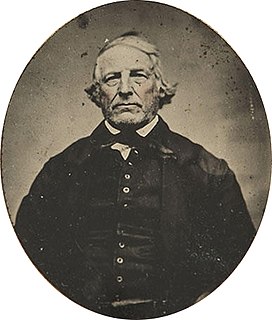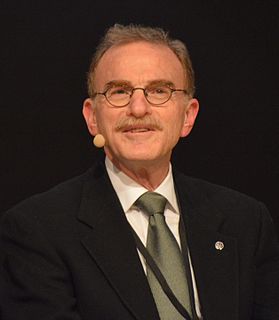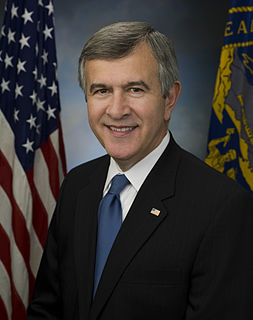A Quote by Samuel Wilson
One of the responsibilities faced by the Environmental Genome Project is to provide the science base upon which society can make better informed risk management decisions.
Related Quotes
Projects are usually undertaken to either solve a problem or take advantage of an opportunity. The probability that the project - even if precisely executed - will complete on time, on budget, and on performance is typically small. Project management is utilized to increase this probability. So in a sense, project management is risk management.
Not enough of our society is trained how to understand and interpret quantitative information. This activity is a centerpiece of science literacy to which we should all strive-the future health, wealth, and security of our democracy depend on it. Until that is achieved, we are at risk of making under-informed decisions that affect ourselves, our communities, our country, and even the world.
The way to make better decisions is to make more of them. Then make sure you learn from each one, including those that don't seem to work out in the short term: they will provide valuable distinctions to make better evaluations and therefore decisions in the future. Realize that decision making, like any skill you focus on improving, gets better the more often you do it.
Obviously, there's all sorts of life happening all around us, but on a human level, I'm just interested in people making informed decisions. You know, increasing their awareness. And also, trying to encourage people to be more fascinated with information and science and knowledge of all sorts, instead of, you know, it's a generalization, but the encouragement by society, the reflections that society gives us, which is media, television, art - anything, really.
Given the central role of effective, firmwide risk management in maintaining strong financial institutions, it is clear that supervisors must redouble their efforts to help organizations improve their risk-management practices...We are also considering the need for additional or revised supervisory guidance regarding various aspects of risk management, including further emphasis on the need for an enterprise-wide perspective when assessing risk.
































